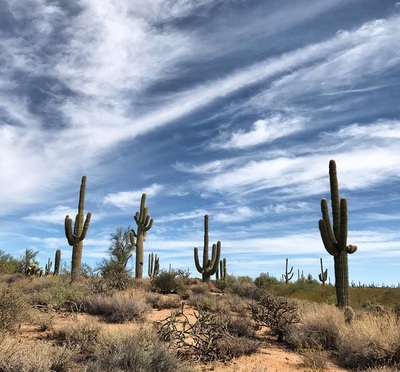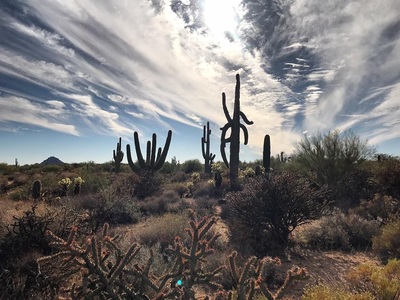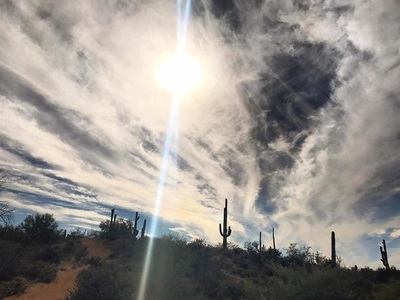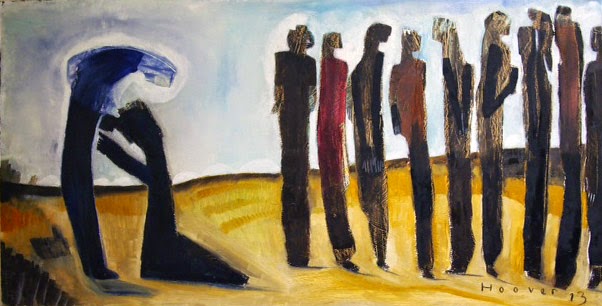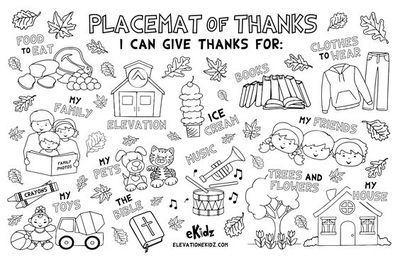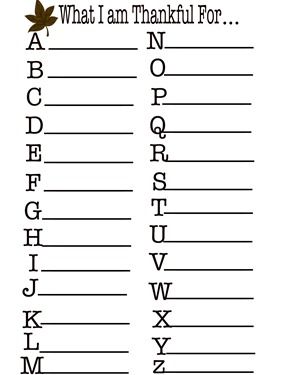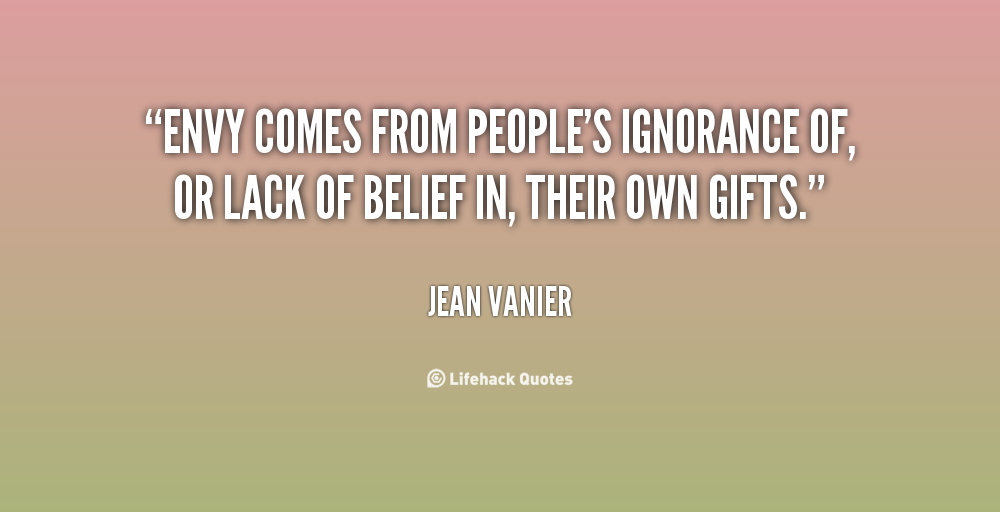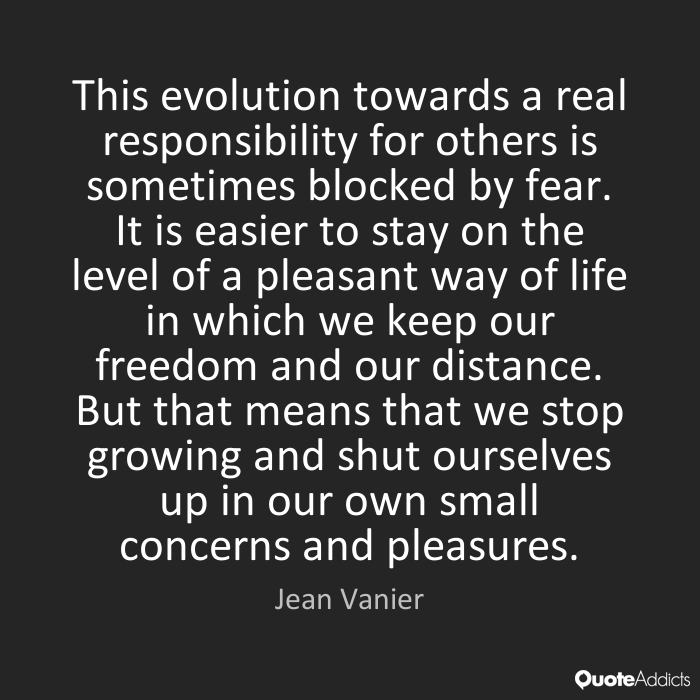|
This week's text is John 1:29-42. "The next day, he saw Jesus coming toward him and declared, "here is te Lamb of God who takes away the sin of the world... And the next day John again was standing with two of his disciples, and as he watched Jesus walk b, he exclaimed, "Look, here is the Lamb of God!" The two disciples heard him say this and they followed Jesus."
I substituted quinoa stuffing for traditional bread stuffing. With loads of coconut oil, mushrooms, kale and walnuts, it was delicious! I made a almond flour crust for the pumpkin pie, and I used full fat coconut milk instead of evaporated milk. Again, delicious! With all the coconut going around, I added another dessert – a coconut cream pie with coconut sugar and for the crust – ground figs and walnuts. Yum! 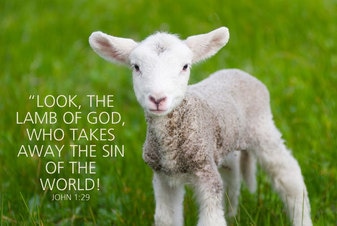 But there were some traditions, we still couldn't change. No one was giving up meat (although last year we had a vegetarian guest and I made a wonderful stuffed acorn squash just for her.) so we had turkey! And with the turkey was mashed potatoes with plenty of butter. And with everything went our family favorite – cranberry sauce with jalapenos, cilantro and lime. Why am I talking about Thanksgiving? It's our version of Lamb at a big family feast. When John the Baptist says (twice), Look, the Lamb of God who takes away the sin of the world, his first listeners heard something very different than we do particularly in America, where lamb is not a regular meat option around our tables. I don't know about you, but I don't picture a Roasted lamb; I picture a fluffy white lamb. And then if I employ a little bit of critical thinking, I picture a beige lamb because there are several around the corner from my house that I occasionally catch a glimpse of. We don't think of the Lamb of God as something to be killed, butchered, roasted and served to those around a table who have gathered to celebrate the holy occasion of Passover. We don't realize that the “Lamb of God” is the centerpiece (like our turkey is the center piece of Thanksgiving) of the Passover feast. We don't picture houses filled with family and friends gathered around a table. Alongside the lamb are ten side dishes that go great with lamb. So when John said, “Look the Lamb of God who takes away the sin of the world,” what was this metaphor for him? And how does the gospel writer John mean for us to hear it? This of course is the same gospel writer who creates a narrative for communion for a great host of people who have gathered on a hillside and not a group of disciples gathering around the Passover table. This is the gospel writer was creating a description of table as a person - and this person nourished people with food and acceptance. This person called and included people who were most often ignored and excluded. This person spoke truth to power as his dying act.  It seems to me that this metaphor of the Lamb of God, as John is using it, calls us not to see a white fluffy lamb but a center piece to a meal that nourishes, sustains and changes us. I believe John the Baptist was telling them to follow a person who would change the world. One he was waiting for, looking for and had finally figured out the mystery of God's plan. Jesus was the central dish. If is a gathering at this table like? What would this gathering embody? How would this gathering change us? What would we learn together if Jesus was the central figure of our gatherings? If ever there was a time to gather in houses filled with people around tables filled with food, it's this time in our history. If ever there was a time where we would look to the person Jesus and say – he's the main course – it's this year. If ever we were to be like John the Baptist, giving up our followers so that they would feast on Jesus, it's now
1 Comment
This week in the liturgical calendar is the Baptism of our Lord Sunday. The text is Matthew's version of Jesus' baptism. Read it here. 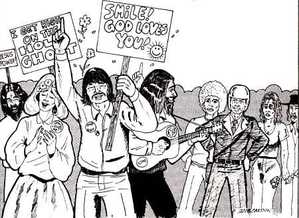 At our Christmas celebration this year, I overheard my mother sharing her two wishes for her children to her grandchildren (my stepchildren). “First,” she said, “I wanted them to know who God was. And second, I wanted them to know what their gifts were so that they would not be stuck in a job they hated.” This is such a great summary for the wishes of the “Jesus movement.” My parents were "Jesus people” - the group of hippies who followed the guru Jesus by way of a mystical relationship with the Holy Spirit. The Jesus people were reacting to their pedigree of weekly church services at their traditional Christian steeple churches, their well intended parents who brought them to Sunday school classes and a society sending them to war through the draft. The Jesus people had found a familiar way to interact with God, not through formal prayers and rituals but through everyday language and the first ever Christian Rock ‘n Roll music. The Jesus people wanted to be authentic to themselves and believed that their authentic selves were what God wanted for them and from them. That is my spiritual upbringing. My religious upbringing was a mix of American Baptist and Pentecostal. Like them, I too went to weekly worship and weekly Sunday school classes. I learned traditional prayers and rituals. The ritual of baptism happens when a person is ready and willing to choose their own spiritual path. 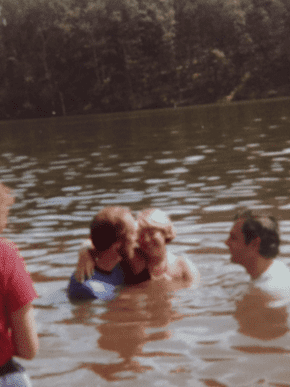 Me and my dad, with some other dude who baptized me. Yep... that's memory for you. Me and my dad, with some other dude who baptized me. Yep... that's memory for you. I was baptized at ten years old in a pond at the Creation Festival in Pennsylvania in 1980. My dad was friends with the head of the festival and was invited to assist in the ritual. I don’t remember the water or the sunshine. I don’t remember the words said to me as I went in the water and came back up. I remember that I cried through the whole thing – from the moment I stepped into the line to be baptized to the moment I began my assent from the water. The Bapt-acostal religious pedigree embraces emotion. We “feel” our faith. Our religion is embodied. I’ve analyzed these tears several times since then. Particularly since I’ve become a Presbyterian theologian and pastor, I’ve wondered what the tears “meant.” Was the experience coercive in some way to provoke emotion that perhaps wasn’t authentic? Was I too young to experience something so profound so that my tears are actually the sound of a child overwhelmed? Was I, had I tapped into something of meaning that was greater than myself and the appropriate response was tears? Was I nervous at this grandiose moment? While the story of Jesus’ baptism doesn’t include particular emotion from him or John, it does include dialogue. John would have prevented him saying, "I need to be baptized by you. But you come to me?" 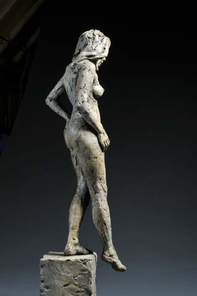 Hamish Mackie, "Bronze nude stepping into water." Hamish Mackie, "Bronze nude stepping into water." Jesus takes his sandals off and he gets into line in order to baptized by John the Baptizer. Was he nervous, heart pumping nervous? Was he overwhelmed, head spinning, taking in his surroundings? Was he excited, smiling with jolts of joy? Does he remember the feel of the water on his toes as he entered the river? Did he feel of the mud of the river bed under his feet? Does he remember John’s face when it was his turn to go? Was this conversation they had said in a whisper between the two of them or was John announcing something grand was about to happen for everyone else to take notice? What was Jesus ready for? What did this choice of baptism mean for him? For me, I was ready to follow Jesus as a leader in my life, a savior, a guru. When I stepped into the pond, I was taking the first few steps on a path toward wisdom, understanding, adventure, skepticism, joy, sorrow, disappointment, acceptance, anger. I wonder how Jesus would describe his spiritual path? His path was embodied. It’s what makes Jesus such a formidable leader, guru for me. His spiritual path is given to us through stories like this one with John in the water. His spiritual path is embodied in human action and emotion. Our paths are embodied. Me telling the story of my baptism is an act of me remebering the embodiment of those first few steps into my chosen spiritual path. Now my path has taken led me to be a leader of the Jesus' church that happens to baptize babies. So how do we remember in such a way as to embody those first few moments of the spiritual path for a baby? In confirmation, I assign teenagers the task of asking their parents about the sites and sounds and emotions of the day they were baptized. When we are remembering our baptism during worship, I ask adults who were baptized to remember the baptism of their child(ren) or of neices and nephews. Again, what were the sites and sounds and emotions of those holy moments when a baby is sprinkled with water, friends and family and spiritual family watching? What were the hopes and dreams of those witnesses for this child? How can we embody these first few steps of our spiritual paths? Notes about telling personal stories in sermons: There's a risk in self-disclosure during a sermon. The rub of course is everytime I share a personal story, folks just love it. I'm sure you preachers experience the same rub. I read this quote from Lucy Atkinson Rose in Sharing the Word: Preaching in the Roundtable Church, " the preacher's personal meaning should never be imposed on the congregation, limiting the story to one meaning or application... story preaching is a faith venture. The preacher dares to believe that the Spirit of God may move even where he or she has given up control. Risky indeed!"
Might we be risky preachers! The texts this week are Isaiah 35:1-10 and James 5:7-10 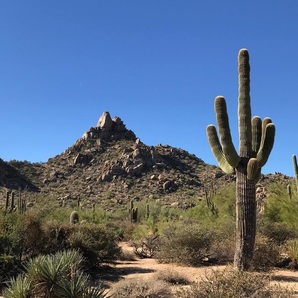 I find myself drawn to the image of streams in the desert. A friend of mine, Jeffrey Ward, travels with his wife each year to the desert to reconnect with one another and rest their souls. The pictures in this post are his. I haven't spent much time in the desert. I live in lush NJ with its four distinct seasons and plenty of fertile soil to grow vegetables most of the year. Yesterday as I drove home from church I was noticing the very green lawns after having two days of rain last week. We are rarely in worry of a drought and when we are it seems so foreign. On a spiritual level also, I have not spent much time in drought circumstances. Even when I look at the last ten years of my husband and I navigating the realities and loss of secondary progressive multiple sclerosis, life has been sad but not arid. As a pastor, I have experienced only 2 or 3 circumstances where I felt I had to dig deep to find wisdom and strength. And when I did the necessary digging, I found that indeed there was a deeper well in my soul. 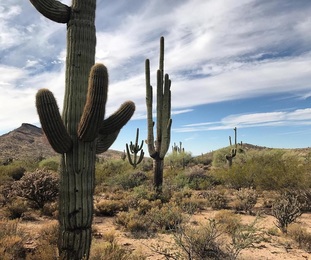 In fact, in one of those times I remember thinking to myself, "how did this well get so deep?" Who dug this well for me? When was it dug? And I realized that much of my well was dug by my parents and other loving adults in churches past. And then as an adult, much of my well is dug by others who travel alongside me. Through the daily grind of life, we dig a little each day, each week, each year. Wells are not dug in one day. There are certain times when I feel myself dehydrating. And I'm one of those people who disciplines myself to drink more water - literally and proverbially. I find a good book. I pick up my journal and begin to write. I exercise a little more or cook a little more or find something that is life giving to do. 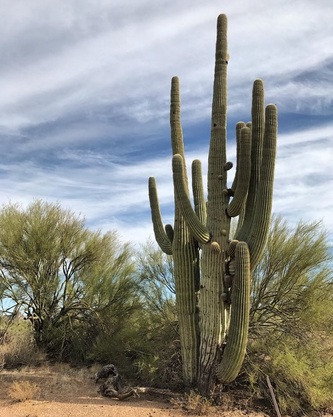 Our church has a Wellness Center at which we host a Suppers Program. "Suppers is a learn-by-doing program... that seeks to provide safe and friendly settings where anyone, and especially people with food-related health challenges, can develop and manage their own personal transitions to a healthier life." I love this program because it when we gather, it feels like we're creating a well, digging deep into what feeds us physically and then ultimately spiritually and emotionally. We leave the meal feeling full, inside and out. Or at least I do. And the other participants have helped dig my well that feeds me. A couple months ago, two of us decided to do a "water challenge." We challenged one another to drink at least 64 ounces a day as an experiment. We are looking at how we feel fully hydrated. How we feel is data. The data I have gathered is significant. When I am fully hydrated, I eat less. I am able to concentrate more. I get more done. My day appears to flow better. 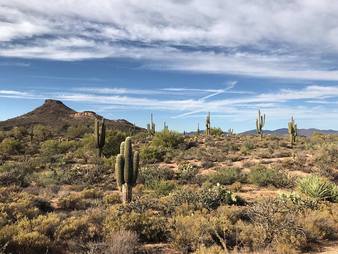 The thing about drinking water each day is that I have to drink it each day. I can't bank water in my body. This is not the same when it comes to our emotional or spiritual life. With prayer and worship, reading and reflection, we cultivate a well in our lives. We have this place to draw from when we need it. I imagine the prophet Isaiah, watching the people live in an arid season of life and trying to remind them that beneath the surface, really deep beneath the surface of this dry land is a stream. We need to dig for it and we will find streams in the desert. I imagine James speaking to a people who were discouraged after a period of long suffering. And he's beseaching them to continue with their patience - wait for the Lord whose day is near. Waiting need not be passive. Waiting can be the time to dig our wells. Somewhere down there there is a stream running through the desert. Take a few moments and dig your well with this favorite from David Wilcox, "All the Roots Grow Deeper When Its' Dry." The text this week is Luke 18:9-14. 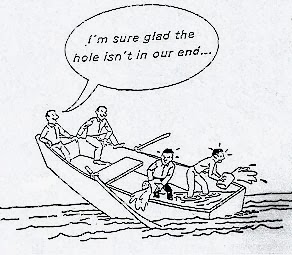 There are two men in this story and both are attending the same church service. Both have dedicated a certain portion of their day to be in the temple, to say their prayers, to pay their tithes, to perform the appropriate rituals for the day. The two are way more similar in status than we might think. These next few paragraphs are from my very good friend, the Rev. Linda Pepe who sites Robert Lithicum. "The Pharisee's job was to teach the people the interpretation of, or more accurately, the official misinterpretation of the Torah so that they would believe that this unjust way their society operated was society as God designed and intended it to be. In other words, “if you’re a good Jew, obedient to the Torah, you’ll pay your taxes and tolls and never question it." The the tax collector was also part of the elite class of society. However, he was on the very bottom of the elite; he held no status and was looked down on by everyone higher than he. His job paid so little that he couldn’t possibly make ends meet for his family on his salary, so he was encouraged by his superiors to extort money from the peasants... So to be clear... the tax collector was working for the Pharisee!" Two men in this story and both are attending the same church service. Both have dedicated a certain portion of their day to be in the temple, to say their prayers, to pay their tithes, to perform the appropriate rituals for the day. 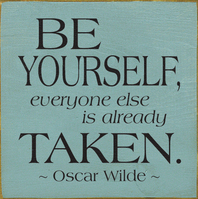 The first recites the ritualistic prayer known as the three blessings. It begins with thanking God for who he was not and ends with thanking God for him not being a Gentile, a slave or a woman. I read an article by Chana Weisberg, on why this shouldn't be offensive to a woman, for example. Essentially, she says that when a person prays these words, for starters, they are affirming who God created them to be. As if reminding themselves, God did not make us to be anyone but who we are. We must then go about the rest of the day in our own skin, with our own gifts, our own skills, all under the guidance and Lordship of God who has made us thus. The other thing she says is that she holds hope that when men pray this each day that also are acknowledging the world as it is, with all its flaws - it's mistreatment of women and slaves and Gentiles. When we acknowledge who we are not, we both acknowledge who we are and the privileges we carry with us. As we understand our privilege, we are more apt to work for justice and equality, love and respect. 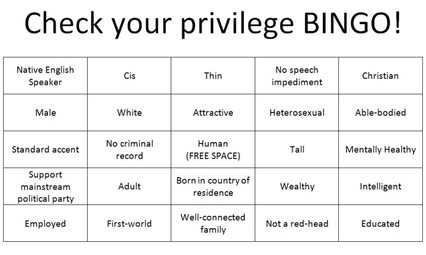 The other man seemed to get that perhaps before he recited the three blessings. Maybe he understood the privilege with which he lived. Perhaps he simply couldn't say the proforma prayer anymore - there were too many women who could no longer feed their families if they were to pay taxes. There were too many slaves in and around the houses he frequented. There were too many people who had to suffer in order for the elite to decorate their homes and buy a new car and have the latest iphone. Oh wait. That's us. God, be merciful to us, sinners. This week's text is Luke 18:1-8. 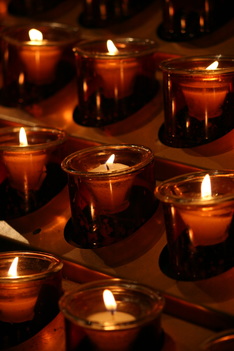 Photo by Catherine Elias Photo by Catherine Elias The text begins, "Jesus told them a parable about their need to pray always and not lose heart." The parable has two characters in it: a widow and a judge. The widow pesters the judge into giving her relief from an adversary. And the judge eventually grants the widows request, but only because of her persistence. He is uninterested in righteousness, toward God or toward humans. In the end the parable is speaking not only about persistence but about faithfulness, asking, "When the Son of Man comes will he find faithfulness on earth?" For Sunday, I am wondering about the faithfulness of both the judge and the widow. We can see clearly the faithfulness of the widow in her persistence. But the judge shows persistence too in that listening over and over takes persistence. Although we typically call that patience. Listening requires patience and kindness, self-control and even love. All of these qualities are qualities we would find in faithfulness. So, both characters show faithfulness in their own way. Both the persistence of asking for relief from an adversary and listening to the request for relief is exhausting. Patience, long-suffering is hard business. 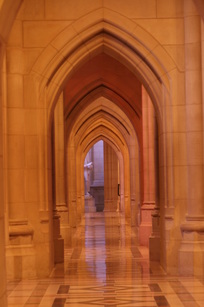 Photo by Catherine Elias Photo by Catherine Elias I've written a memoir about my husband's diagnosis with Multiple Sclerosis and my journey in navigating and accepting the changes in our life together. In this memoir, I write quite a bit about prayer. I write about the way my prayers have changed over time. I write about how my understanding of the purpose of prayer has changed over time. i write about not knowing what to pray or when to pray... or who I was praying to. Here's an excerpt from the chapter in my memoir called "Really Very Small." ... So my consideration of prayer was less about finding the words to say but about who I was talking to. I've always quoted Mark Twain as saying, "God made man in his own image and man, being fair minded, returned the favor." It turns out Mark Twain didn't say that. Blaise Pascal did. Blaise Pascal was the mathematician/physicist turned theologian/writer. After he invented the calculator, he wrote a defense for God in a series of letters that were burned by the Catholic church in the mid 1600's. I believe the first thing I was taught about Pascal though was his "wager." He said this:  Photo by Catherine Elias Photo by Catherine Elias I remember when I wrote those words, I wasn't thrilled with Pascal's admonishment but at the same time it seemed that persistent struggling combined with persistent conversation with God had changed how I was comfortable with presenting requests to God. Persistent prayer is hard. Persistence had changed the nature of my prayer and it had changed me, the one praying. Here's another excerpt, this one from the chapter in called, "My Prayer Is a Sigh." I found this psalm, “All our days pass away under your wrath; our years come to an end like a sigh." I have to wonder about the changes in both the widow and the judge. In the end, how had their words and their listening, respectively, changed? And in what ways had their persistence taken on the characteristics of a sigh?
This week's texts are Luke 17:11-19 and Psalm 66. There are a few things going on that I'm not sure I've notice d before:
I'm really struck by the one seeing that he was healed. The Greek word is a word often meant metaphorically - to perceive or understand with an inward perspective. He was perceptive in a way the others weren't. I am really wondering if the others didn't know they were healed yet and that's why they didn't come back. I think more often than not, we're not really aware of what's going on within us. I think it's plausible that the other nine had their minds set on doing what Jesus said to do. He said to go to the temple; they were going to the temple. They followed instructions. Instructions are good. Rules are good. The Jewish law is filled with instruction for being healed, for being renewed to community, for being made right. Rules worked for these nine. But for the one who saw something had happened outside of the rules. Before he could get to the temple (and again he wouldn't have been allowed in) he was healed. He was an outsider and when we are on the outside, sometimes we're able to see or perceive things will happen outside of what is expected. Sure enough Luke sets up the story of the lepers with a little rant about following the rules and decorum of their culture. And leaves the story of the lepers with a look to their future where "things cannot be observed." The life that they have known is changing. The way they have gone about understanding life is not going to work anymore. So, the story for me is about much more than just giving thanks... although that's an undeniable part. In this case, the man has somehow been able to see life differently. He turned around in order to give thanks. He stopped the direction he was going. He was healed by another way - if he was looking for healing to come through the priest, it didn't happen like he thought it would. The practice of gratitude certainly helps us to see life from different perspectives. To practice gratitude is to actively seek a new perspective. But something happened to this man before he turned around to give thanks. Something happened to him before he thought it would happen. He was healed while they were in the "in between" space, at the border. His healing surprised him. How are we being surprised? Can God surprise us anymore? Are we paying attention? Perhaps we simply don't perceive the surprise that has happened. Some inclusive ministry ideas for gratitude. I'd ask folks to list the alphabet one and see which ones surprise them.
This week's text is 2 Timothy 1:1-14 and Psalm 37:1-9. If ever there was a time to counter the voices of fear in our world, it's now. What does it mean for us to embrace, love, power and self-control in a world filled with fear, vulnerability and immediate impulses? I was looking for a graphic for my bulletin and came across a quote from Jean Vanier, the founder of L'Arche communities. He is quoted as having said, "Every human being is a mixture of light and darkness, trust and fear, love and hate." I've gotta be honest, the rhetoric of fear during these months that lead up to national elections is almost unbearable for me. The partisan hate speech and the lack of listening becomes a constant voice around us in our social media feeds. I want to believe that amidst all of this, if I still myself, I can find that mixture that he is speaking of. I can see in myself light and darkness, trust and fear, love and hate so that I can find the light and darkness, trust and fear, love and hate in the person in front of me. Otherwise, I'm living on my own island, believing that my thoughts, my ethics, my ideals are better, wiser than the "other." This admonishment to Timothy to "revive" the gift that's been given to you," seems like part of the key of recognizing who we really are. Underneath all of the darkness, fear and hate, we all have this tremendous reservoir of light, trust and love from which to draw every day in every way. Why then does it so often feel like our reservoirs are so empty or so polluted? This gift that we have, the one that Timothy had - he's later told in verse 14 to protect this good thing that has been placed in your trust. Protect it, guard it. So then this gift, this reservoir within us of the gifts of God, someone what unique to us I'd imagine but also somewhat universal in the way they resemble the Spirit who gifts us, how do we both keep it safe and also revive it? To embrace, revive the light, trust and love within us requires that we reveal our vulnerability, our weakness. Committing our ways to the Lord, trusting God will act and make righteousness requires the ability to wait in the midst of uneasiness, chaos even. Being still before the Lord, waiting for God, choosing to leave anger behind, requires tremendous self-control. God did not give us a spirit of fear, but of power, love and self-control. Some touch down thoughts -
I'm interested in talking about the ways we run away from our feelings of vulnerability and fear. What are our "goto" addictions that numb the feeling of being out of control? How do we work to bring God into those moments, to remind us of the gift we have within us? And it's World Communion Sunday. This Timothy text would work really well as an All Saints' Day Text with the theme of faith passed down to us. On a global scale, what is the faith we are passing down to live beyond us? This week's texts are Proverbs 8:22-31 and Colossians 1:15-20. 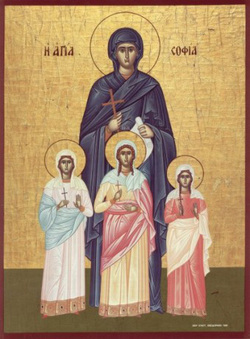 Lady Wisdom presented here with her daughters Faith, Hope and Love. Lady Wisdom presented here with her daughters Faith, Hope and Love. We're finishing up our fourth week of the Creation series, year C, carved out in September. And our congregation is trying a Multiple Sensory Worship Service for the first time this Sunday. The preaching moment is audacious... to think we can craft 1500 words that speak to a diverse community - old and young, male and female, rich and poor, formally educated or not, readers or not, all with diverse learning styles. And yet, I've written sermons that have reached the diversity in the room in ways that can only be due to Lady Wisdom (from the Proverbs text) and the presence of the first born of Creation, Jesus (from the Colossians text). There is a moment each Sunday before I walk out of my study, where a part of my mind simply lets go to the what will be. I have learned to hold the preaching moment with an open hand. My hand is open because the "word of God for the people of God" is meant for the people to eat it not framed for the people to see it. And the more my congregation grows in its diversity, the more I wonder how many are being nourished by the preaching moment? So once/month we're offering stations during the "sermon" time of the worship service. We're using the Season of the Spirit worship resource - which makes it easy actually. We will have three stations: I will lead a conversation in the sanctuary for those who don't want too much of a difference. In another room there will be a puppet show with Lady Wisdom as the main character. And folks will get to make their own puppets. In the third room, folks will reflect on VanGogh's starry night and have the opportunity to draw or paint or - well, I keep changing my mind on this one. 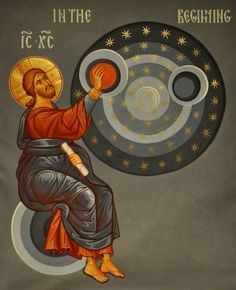 Christ creating the cosmos. Christ creating the cosmos. Each group gets 25 minutes to do their thing and then we're coming back together to learn from one another. So I've opened my hand a little wider yet, giving more control over to Lady Wisdom to speak to folks in her own way. I'm trusting that the Christ who was there at the beginning will be just as present as the humans in my congregation try to understand scripture together. I have two fears. I fear some will see this as ruining the preaching moment and I fear this experience will not nourish us. But then I remember that Lady Wisdom was the "master worker." She is the fore-woman overseeing how things come together. And I rest in this vulnerable notion that "all things hold together" in Christ. The texts this week are Psalm 29 and Luke 8:22-25 I can't possibly read Psalm 29 that continually uses the phrase "the voice of the Lord," without remembering this fantastic clip from the Newsroom. In the clip, the characters are preparing for a fictitious political debate based on the 2012 election cycle where Senator Michelle Bachman said that God told her to run for President. Maggie, one of the characters from the show is a Christian background and interprets Senator Bachman's claim to not just hear God speak but that she would then be a prophet of the Lord. Therefore, the first question in the presidential debate should be, "What does God's voice sound like?" Here's the clip: So, what do you think? What does God's voice sound like to you? Now both texts speak of God's voice - The Lord's voice is over the waters; it's powerful. It breaks cedars; it flashes flames. And the last line of Psalm 29 is a hope for peace, may God bring peace. And then Jesus speaks to the wind and the waves, "Silence, be still." If I had to answer the question, "what does God's voice sound like?" I think based on these two texts, I would have we know it by the resulting peace and stillness. It's like the saying, "you know something by its fruit." Fig trees produce figs, not apples. The voice of the Lord produces peace, stillness. It does not then produce strife, war, anxiety, worry, fretfulness. But if the voice is coming amidst strife, war, anxiety, worry and fretfulness - like a voice that speaks amidst a storm? Is it that the voice of the Lord cuts through (breaks the cedars) the rest of the noise of the storm? What do you think? What does the voice of the Lord sound like to you?  Japanese symbol for Ki Japanese symbol for Ki In the past several years, I've studied to become a Reiki Master. Reiki is a Japanese healing technique. Reiki can benefit all aspects of life: Mental (behavior modification, stress management, emotional release, depression), Physical (backaches, allergies, and other diseases), and even spiritual (discernment, forgiveness, and wisdom). Reiki is administered by "laying on hands." I bring it up because the word Reiki is made up of two Japanese words - Rei (life force) and Ki (energy). The symbol for Ki (same as Chi or Qi) is a pot of boiling rice. In the symbol there is the flame, the pot of rice and above it is steam. Ki is an alchemical production - energy produced through work. That is our energy I'm talking about. But what I'm drawn to is the steam above the water... The voice of the Lord is over the water - a resting energy above the working movement of the natural world. So again, what do you think? What does the voice of the Lord sound like? The text this week for t he "season of creation" is Psalm 104:14-23 and I'm pairing it here with Luke 12;22-31. 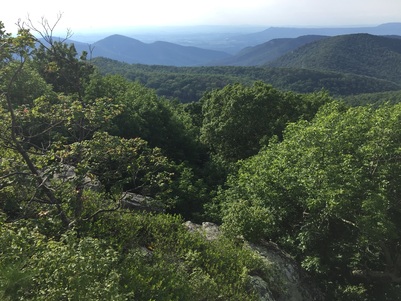 Shenandoah State Park, picture mine Shenandoah State Park, picture mine My husband and I have started binge watching Outlander on Starz. It's set in green, mountainous Scotland some two hundred years ago. The crowd of characters are highlanders hoping to regain control over their beloved Scotland. It's working for us because my husband loves history and I love the relationships that are building among the clans... oh, and there's time travel involved. I love time travel. But the thing I have to admit also about what is keeping me watching the show is the pace of life when life is lived off the land. Don't get me wrong... I never want to do that. I went camping early in our marriage and realized that for the mom, camping isn't a vacation because not only am I cooking, I'm having to drag water from a far away source and boil it in order to clean the dishes. My husband regularly admits that if he had to catch his food, he would most certainly be a vegetarian. But still, the pace, the expectation of what can get done today and what must wait until tomorrow has lured me in. The Psalmist often uses the images of creation as a way to root us, ground us to something bigger, strong, more solid. In this 104th episode of the Psalms, the grass, the trees, the high mountains, and the sun work side by side the cattle, people, birds, goats and lions. Combined with the work of the Lord, the water from heaven and the moon to mark the seasons and the darkness that causes all to rest, food is produced, wine is made, refuge and rest are found. This week as the children in the Northeast finally make their way back to school and the force of labor that nurtures and teaches them return to work. This week when churches begin their program year, some slower than others. This week when choirs start to rehearse again and meetings fall into their regularly scheduled places, this week might be a week that is good to remind us of the pattern of the earth beneath us and the sky above us. 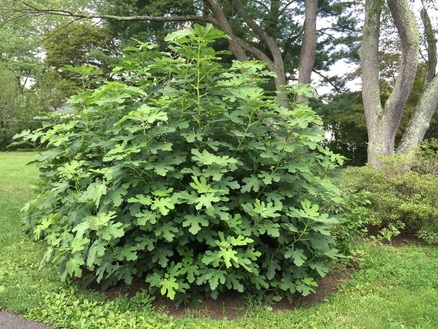 Fig tree at my son and daughter in laws house - gonna make fig jam! Fig tree at my son and daughter in laws house - gonna make fig jam! In what ways does this earth and sky provide for you and me? Is there a way to stop and notice the pace of the natural world so that it might inform the pace of our actions and inaction? Short of drawing our water from a far away place, is there a way to establish a pace that resembles the pace of the earth? It's interesting to note that in our attempt to work longer hours, travel longer distances in shorter amounts of time, communicate faster, our beloved earth still takes the same amount of time to rotate each day. The sun and moon remain on the same schedule. They have not sped up. We have. I dare say that the tension we experience so often is because we are at odds with the natural world which is the only home we have. And thank God - imagine if we were given a chance to order the earth and its axis - the moon and its seasons? Yikes! I fear the pace we would set, the expectations we would assume. And I have to wonder if that's why I'm drawn to time travel. It's some dream of being able to alter the natural order of life as its been set out for me, for us. And perhaps that is why I'm delighted with this show that we are immersed in. She traveled in time... but not to the hustle of a future where I couldn't keep up but to a past that is somehow slowing me down. More thoughts ~
Outlander is not really a show you can use in worship but I'm enjoying it. Here's the book info. Worry and Anxiety are the top reason why people want to see me as their pastor. Having two texts that speak of the sufficiency and sovereignty of God, I wrote this piece about talking about mental health from the pulpit. |
Search this blog for a specific text or story:
I am grateful for
|

This work is licensed under a Creative Commons Attribution-NonCommercial-ShareAlike 3.0 Unported License.
